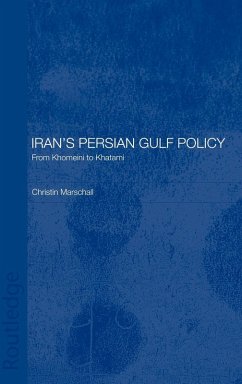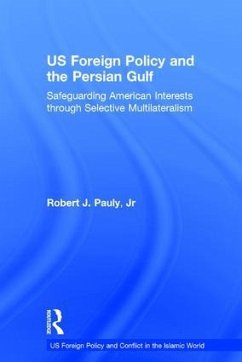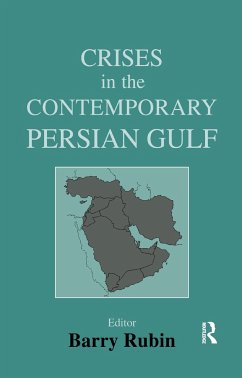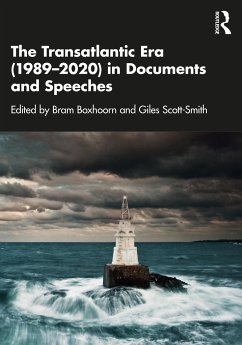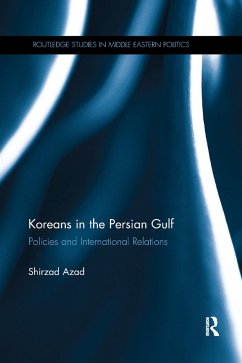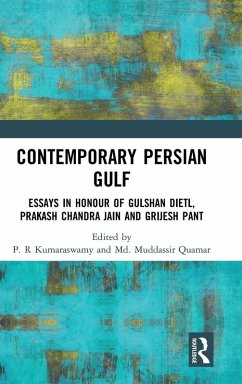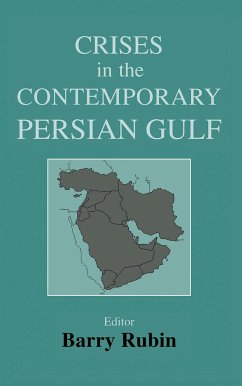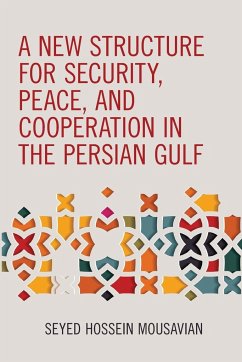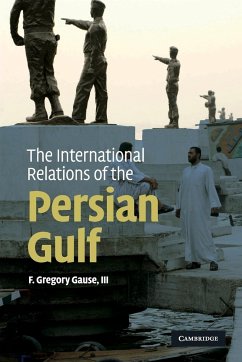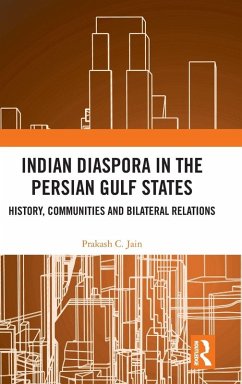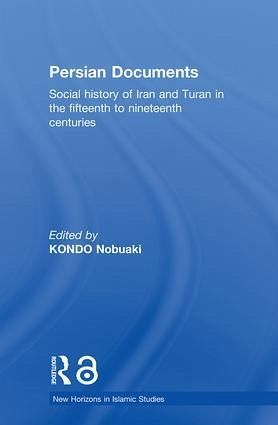
Persian Documents
Social History of Iran and Turan in the 15th-19th Centuries
Herausgeber: Nobuaki, Kondo

PAYBACK Punkte
89 °P sammeln!
After the Mongol period, Persian was the official written language in Iran, Central Asia and India. A vast amount of documents relating to administration and social life were produced and yet, unlike Ottoman and Arabic documents, Persian historical resources have received very little critical attention. This book is the first to use Persian Documents as the sources of social history in Early Modern Iran and Central Asia. The contributors examine four distinct elements of the documents: * the formal aspects of the sources are initially inspected * the second part focuses on newly discovered sou...
After the Mongol period, Persian was the official written language in Iran, Central Asia and India. A vast amount of documents relating to administration and social life were produced and yet, unlike Ottoman and Arabic documents, Persian historical resources have received very little critical attention. This book is the first to use Persian Documents as the sources of social history in Early Modern Iran and Central Asia. The contributors examine four distinct elements of the documents: * the formal aspects of the sources are initially inspected * the second part focuses on newly discovered sources * the most abundant documents of the period - waqf deeds - are individually studied In this way the reader is led to realize the importance of Persian documents in gaining an understanding of past urban and rural societies in the Middle East.





